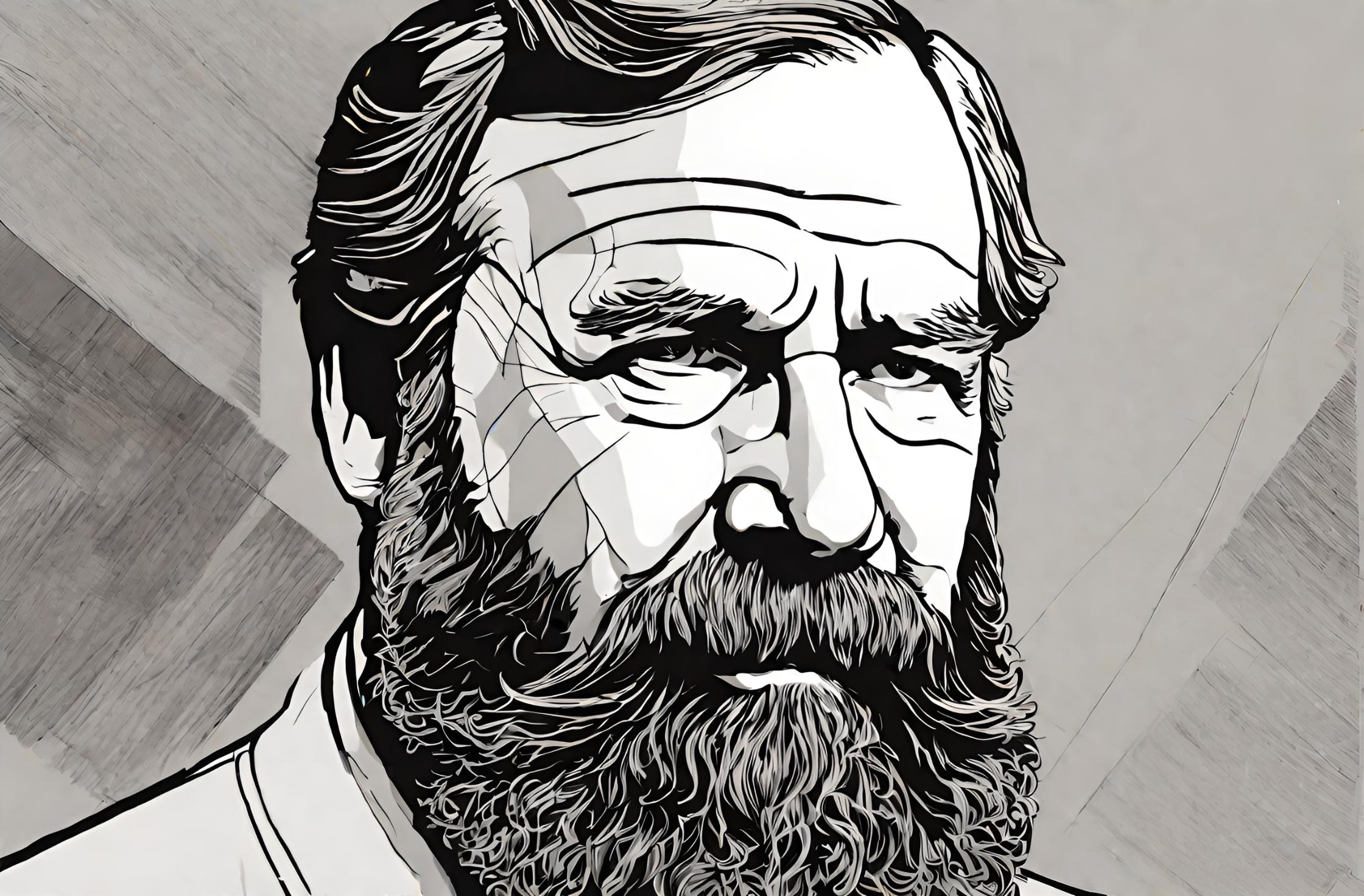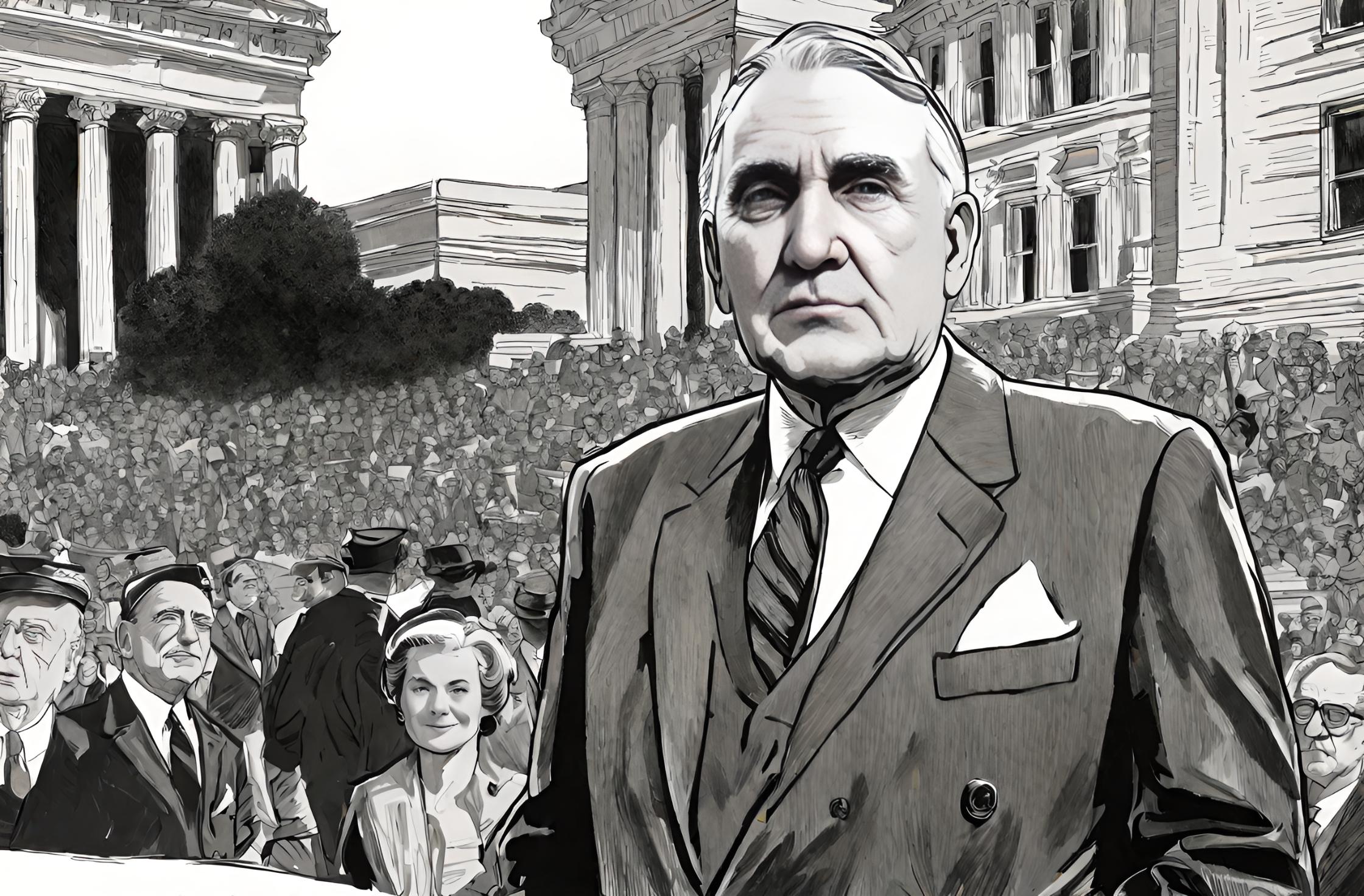Flashback to November 2
American History

1967
Vietnam War: US President Lyndon B. Johnson and “the Wise Men” conclude that the American people should be given more optimistic reports on the progress of the war
Read moreIn the heart of the tumultuous 1960s, a significant event unlike any other transpired in Washington, D.C., U.S.A. It was November 2, 1967, an ordinary day to the outside world but a pivotal meeting in the annals of the Vietnam War was occurring. This meeting, a definite turning point in the American approach to the war, took place between the then U.S. President Lyndon B. Johnson and his advisors, fittingly referred to as “the Wise Men.”
Lyndon B. Johnson, one of the key figures who sought to navigate the complexities of the Vietnam War, played a significant role in shaping the United States’ strategy during this critical period. The deliberations between President Johnson and his unofficial advisory body, “the Wise Men,” ultimately determined the narrative that the U.S. government would deliver to its people about the war.
The central conclusion from this historic meeting was the need to provide more optimistic reports on the progress of the war to the American people. This strategic twist came about amidst an atmosphere of increasing social unrest, as the Vietnam War had stirred differing opinions across the nation. The idea behind that seminal decision was that a more optimistic narrative of the war’s progress would help to lift national morale and support for the ongoing war effort.
As with any story that ventures into international relations, war, and politics, the choices made by leaders and how they communicate these decisions greatly impact the historical trajectory and a nation’s collective memory. The meeting between President Lyndon B. Johnson and “the Wise Men” further supports this observation.
It’s important to note that “the Wise Men” was a powerful group consisting of approximately fourteen members, comprising notable figures like former Secretary of State Dean Acheson, former Ambassador to the Soviet Union Averell Harriman, and General Omar Bradley, among others. Their collective wisdom and experience in foreign affairs were crucial in shaping Johnson’s Vietnam War policy.
This distinctive meeting underscores the strategy of using optimistic reports as a pivotal mechanism to quell brewing discontentment and keep the populace invested in the war’s endgame. It provides an interesting commentary on the role of governance, strategic communication, and their full potential during times of national and international conflict.
Following this meeting, the U.S. administration and affiliated media began to paint a more positive picture of the war. There was an uptick in reports focused on the successes of the American forces against the Viet Cong, and the Vietnamese people’s growing resistance against communist rule.
Underpinning this SEO-focused article is the exploration of the complex dynamics that framed one of the 20th century’s most controversial wars. The landmark meeting between U.S. President Lyndon B. Johnson and “the Wise Men” on November 2, 1967, and the consequential strategy of offering a more optimistic war progress report to the American citizens provides a telling snapshot of the confluence of politics, war, and mass communication during the Vietnam War.
the significance of this event is not limited to its historical implications. It also offers crucial insights into tactics employed by political leaders during periods of national crisis and war. This watershed moment also underscores the role of strategic communication in shaping public opinion and promoting morale amidst challenging times like a war. The Vietnam War, the significant meeting of November 2, 1967, the context, and the implications form a formidable mosaic of historical, political, and social resonance that continues to echo in the annals of U.S. history.
We strive for accuracy. If you see something that doesn't look right, click here to contact us!
Sponsored Content

James A Garfield (Republican)…
"James A. Garfield, a…

Warren G Harding elected…
On November 2, 1920,…

Cobblestone paving of Washington…
Experience the historic charm…

Vietnam War: US President…
On November 2, 1967,…

US presidential election: President…
In a historic moment…

Velma Barfield is executed,…
On November 2, 1984,…

